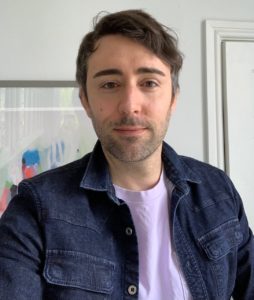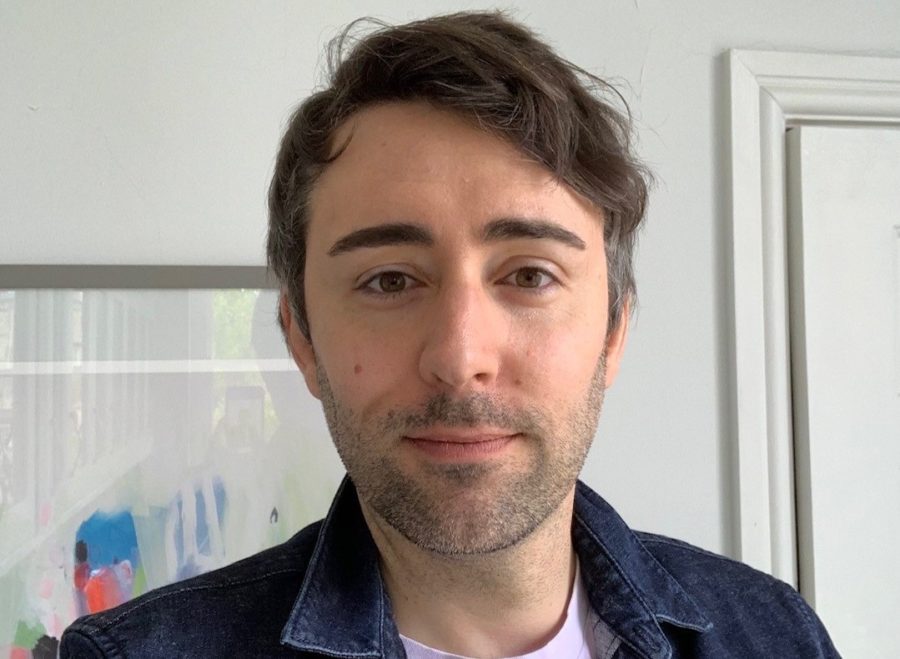What is your area of study/research?
I’m Senior Lecturer in Politics at the University of Bath. My study/research agenda is broadly split into two strands that frequently overlap. The first focuses on UK politics, in particularly in Wales and relating to the Labour Party more generally. The second focuses on ideological contestation, hegemonic struggles, and their articulation via political rhetoric.
What led to your interest in pro wrestling and how do you approach pro wrestling from your scholarly discipline/field?
Forgive me if I tell a short story here.
I first encountered pro-wrestling in my mid-teenage years, first through the outstanding THQ games on the N64, then via WCW WorldWide which debuted on Channel 5 in 1999 and WWF PPVs which arrived on Channel 4 in 2000 – objectively the best year for WWF PPVs in its history (oh its true). I fell deep into the world of tape trading and forums; however, following the Invasion angle I largely quit following and by the time I reached university in 2004 I was entirely lapsed – and stayed lapsed for 14 years, during which time I had zero engagement with anything pro wrestling related. I was drawn back in by the WWE Attitude Era Podcast and The Lapsed Fan Podcast, which I stumbled across somehow and started listening to for the nostalgia kick. Weirdly, it was the YouTube video of Shane McMahon returning in 2016 that led me to check out the current product, which by happenstance was (it’s damn true) the second-best year in the WWE’s output, with the Cruiserweight Classic and a series of top-level PPVs – which fooled me into sticking around…
Despite being lapsed, the linkage between pro wrestling and political theory was something I’d often talked about, especially after a few pints. As a student, and scholar, of ideology, what fascinated me was the phenomenon where an audience member, completely cognizant that pro wrestling is a “work,” nevertheless invests in the action to the extent that they’re screaming as a downed grappler to “kick out!”, pounding the barrier, even as they understand that doing so would and could not alter the predetermined outcome. That ability to lose oneself in a fiction you ultimately knew to be false resonated with Žižekian ideas about ideology I was working with. At the same time, as someone interested in political rhetoric, the particular manner in which “smart” fans engaged with pro wrestling – an active reading of the in-ring action based around its interpretation via application of knowledge of performance cues and backstage goings-on (reported and extrapolated) – seemed to mirror the manner in which politically engaged people accept the artifice/constructed nature of professional politics: i.e. we know speeches are written by speech-writers based on focus-grouping, yet report them as natural expressions of the individual politician’s sincere sentiment, while simultaneously dissecting them to identify the calculations that went into their constructions by applying our understanding of how “the system” thinks to do so. The mindset underpinning the latter seemed to speak to the nature of the former – and work as a useful metaphor for politics in general.
These ideas would likely have remained to late-night/early-morning unwanted conversational diversions had it not been for the appearance of Donald Trump as a political phenomenon in 2016. The same year I started re-watching pro wrestling was the year of the US Presidential campaign. Trump’s relationship with pro wrestling and the WWE – and the general consensus that there was something unexplainable about Trump’s campaigning style – gave me the opportunity of a now receptive audience, who increasingly said “go for it,” when I raised ideas that had hitherto raised polite discomfort. I threw myself into the pro wrestling academic literature and found an extremely exciting and wide-ranging body of ideas to grapple with (my incomplete endnotes folder has 140 citations for pro wrestling academic articles, chapters and books).
The result has been three papers, which have taken three very different approaches to discussing how pro wrestling can help us understand politics. The first, which compared the campaigns of Jesse Ventura and Donald Trump looked at how a background in pro wrestling could explain these candidates’ ability to talk and act in manners pro-politicians could not. The second developed a framework for studying politics based around the importing of concepts from pro wrestling scholarship into the field of political studies – in particular the concepts of “kayfabe,” “smart fans,” and “marking out.” This article applied these concepts to Trump – he was the case study that granted me allowance to play with such ideas in the first place, however I believe the insights they offer are applicable to late capitalist representative political systems in general. The final paper is my most “out there” piece, drawing upon the work of the Bolshevik political theorist Alexander Bogdanov to argue that pro wrestling, viewed as body-work, contains within it the political potential to produce a comradely, “proletarian culture” necessary to prepare the ground for a genuinely socialist society. Across these papers, I see myself having delved increasingly deeper into the nature of pro wrestling and its relation to the political, viewing it from different elements in turn: the ugly, the bad, and the good (in that order).

Are you currently working on any pro wrestling scholarship/research/public scholarship/media? If so, please tell us about it.
I currently have three academic pieces mid-completion, none of which are focused on or reference pro wrestling, but all of which contain the flavour of these studies. The pressures of the UK higher education system (the fabled Research Excellent Framework) mean I’m focusing on work that is more easily digestible within the field right now; however, I do have a monograph idea in mind I’d love to take forward – so hopefully once the current work is in production I can see if there are any takers.
Do you bring pro wrestling into any of the classes you teach/attend or research hubs that you work in? How do you find it is received or taken up?
I do indeed. I teach on a unit called “Culture and National Identity,” which looks at the politics of specific cultural forms – from music, film, and art – in the shaping of national identities. I give two lectures on the unit, the first on “Britishness” and its construction via sport and the 2012 Olympic Opening Ceremony in particular. The second, however, is on pro wrestling and its relationship with the idea(l) of “America.” It’s a two-hour class focused entirely on pro wrestling and its relationship with American culture, politics, and identity. I love having the opportunity to show politics students how this weird world that they would never in a million years think of, offers a lens into essential political subjects – and the feedback has been fantastic.
What is a piece of pro wrestling scholarship that has been generative for you that you recommend PWSA members read?
As said before, I’ve read as much of the academic work in professional wrestling studies as I can get my hands on. There’s a huge array of wonderful work out there and so many pieces I could point to. However, the first piece I read – and which blew my mind – was Broderick Chow’s “Work and Shoot: Professional Wrestling and Embodied Politics,” which transformed the way I viewed pro wrestling. Since then, Eero Laine’s Professional Wrestling and the Commercial Stage has been central in helping me draw together my thoughts and is a must read; however, as several people have already mentioned Eero’s book, I’ll also highlight Tyler Brunette and Birney Young’s article “Working Stiff(s): a theory of live audience labour disputes.” It is extremely valuable in its clear identification of the centrality of live audiences’ reactions in the production of the pro wrestling spectacle and its exposure of those reactions as a form of labor, producing surplus value. It’s a wonderful piece.
Where might people reach you if they would like to know more about your research?
My academic website is HERE and you can follow me on twitter at @david_s_moon.

